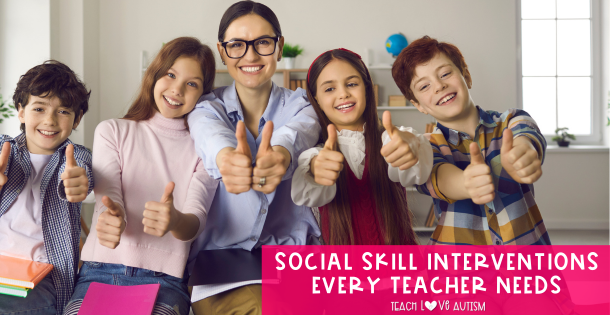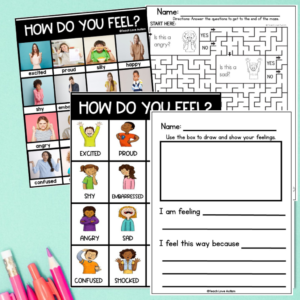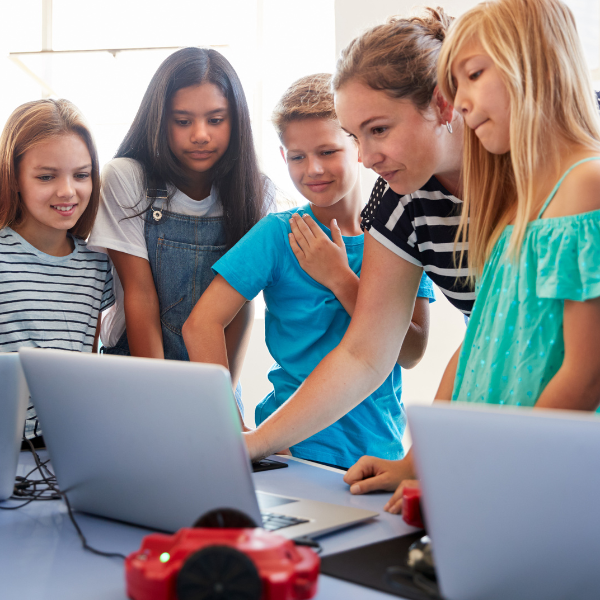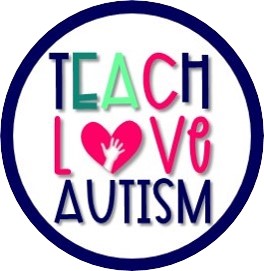Easy Autism Social Skills Interventions Every Teacher Needs

Ever wonder what autism social skills interventions look like? Social skills development is a multifaceted journey for individuals on the autism spectrum, often marked by unique challenges and opportunities. Understanding the intricacies of social communication, perspective-taking, and relationship-building is essential for providing meaningful support to individuals with autism. In this blog post, we’ll delve into the complexities of social skills development in autism. It will offer insights and evidence-based activities to facilitate growth and success.
Understanding Common Social Challenges
Individuals with autism may encounter various social challenges stemming from differences in social cognition, communication, and sensory processing. These challenges can manifest in difficulties understanding social cues, initiating and maintaining conversations, and interpreting nonverbal communication cues such as facial expressions and body language. Additionally, sensory sensitivities and anxiety may further complicate social interactions, leading to feelings of overwhelm or avoidance in social settings.
Strategies for Fostering Social Communication with Autism Social Skill Interventions
Effective social communication is a foundational skill for navigating social interactions and building relationships. Here are some strategies to support social communication development in individuals with autism:
- Visual Supports: Use visual supports such as social stories, visual schedules, and cue cards. These provide concrete guidance and enhance understanding of social expectations.
- Role-playing: Engage in role-playing activities to practice social skills in a safe and supportive environment. Role-playing allows individuals to rehearse social scenarios, experiment with different responses, and build confidence in their social abilities.
- Structured Social Skills Groups: Participating in structured social skills groups or therapy sessions can provide opportunities for guided practice, peer interaction, and feedback from trained professionals.
These are great for getting conversations going:
-
Seasonal Question of the Day with Writing Prompts | Printable and Digital$15.00
-
Yes & No Question of the Day with Writing Prompts | Printable and Digital$10.00
-
Career Question of the Day with Writing Prompts | Printable and Digital$10.00
-
Visual Question of the Day with Writing Prompts | Printable and Digital$10.00
Promoting Perspective-Taking and Empathy
Developing perspective-taking skills and empathy is essential for understanding others’ thoughts, feelings, and perspectives. Here are some activities to promote perspective-taking and empathy in individuals with autism:
- Emotion Recognition Activities: Engage in activities that focus on recognizing and identifying emotions. Do this through facial expressions, body language, and tone of voice. Use visual aids such as emotion cards or emotion mirrors to facilitate discussion and reflection.
- Literature-Based Discussions: Explore age-appropriate books or short stories featuring diverse characters and social situations. Use literature as a springboard for discussing characters’ feelings, motivations, and perspectives, encouraging individuals to consider different points of view.
- Community Involvement: Engage in community service or volunteer opportunities to foster empathy and perspective-taking. Participating in activities that involve helping others and understanding different perspectives can deepen individuals’ empathy and connection to their community.
Here are some resources that may help with that:
Embracing Individualized Approaches to Autism Social Skills Interventions
It’s essential to recognize that social skills development is highly individualized, and what works for one person may not work for another. Tailoring interventions and activities to meet the unique needs and preferences of each individual is key to promoting meaningful progress and success in social skills development. By embracing individualized approaches, we can honor each person’s strengths, challenges, and personal growth journey.
Navigating social skills development in autism requires patience, understanding, and a commitment to fostering growth and success. By providing evidence-based strategies, engaging activities, and embracing individualized approaches, we can support individuals with autism in developing essential social communication skills, perspective-taking abilities, and meaningful relationships.













